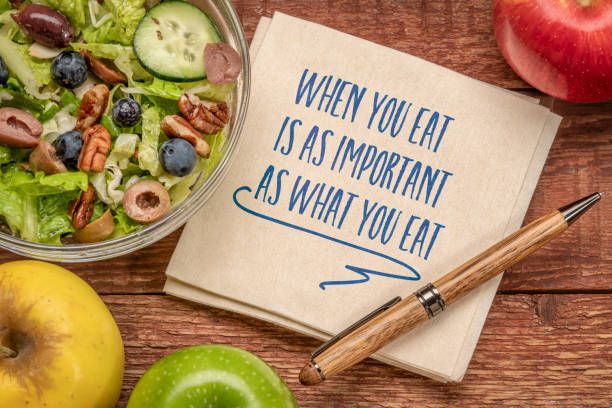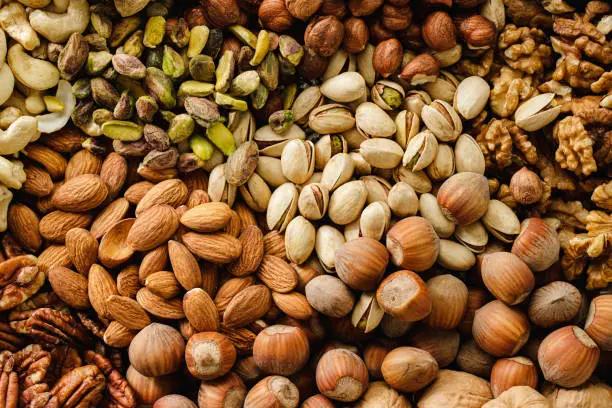Ultimate Guide to Nutrition: Essential Tips for a Healthy Lifestyle

Ultimate Guide to Nutrition: Essential Tips for a Healthy Lifestyle
Proper nutrition is the foundation of a healthy lifestyle. Whether you want to lose weight, boost energy, or prevent chronic diseases, understanding the basics of nutrition is key. In this comprehensive guide, we’ll break down the essential principles of healthy eating, backed by science and easy to implement in everyday life. Why Nutrition Matters Nutrition impacts every aspect of your health—from your immune system and mental clarity to weight management and longevity. A balanced diet can: Boost energy and mood Strengthen immunity Improve sleep quality Reduce the risk of heart disease, diabetes, and certain cancers Promote healthy skin, hair, and nails 1. Understand Macronutrients: Proteins, Carbs, and Fats Macronutrients provide the energy your body needs to function. Protein Helps build...









